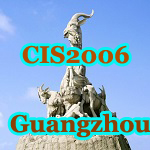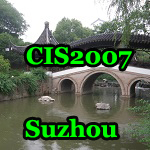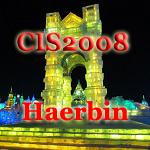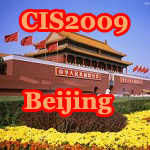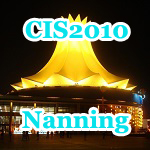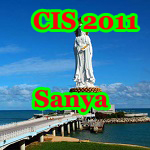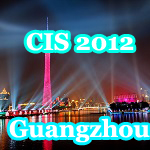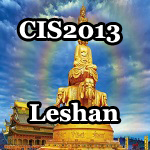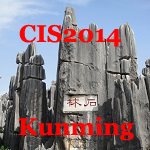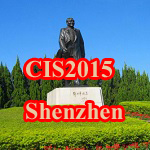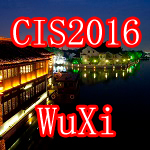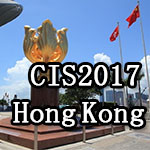The 14th International Conference on Computational Intelligence and Security
Hangzhou, China
November 16-19, 2018
The 14th International Conference on Computational Intelligence and Security
Hangzhou, China
November 16-19, 2018
The 14th International Conference on Computational Intelligence and Security
Hangzhou, China
November 16-19, 2018
The 14th International Conference on Computational Intelligence and Security
Hangzhou, China
November 16-19, 2018
About Hangzhou
(1) Location
Hangzhou, formerly romanized as Hangchow, is the capital and most populous city of Zhejiang Province in east China[1]. It sits at the head of Hangzhou Bay, which separates Shanghai and Ningbo. Hangzhou grew to prominence as the southern terminus of the Grand Canal and has been one of the most renowned and prosperous cities in China for much of the last millennium. The city's West Lake, a UNESCO World Heritage Site, immediately west of the city, is amongst its best-known attractions.
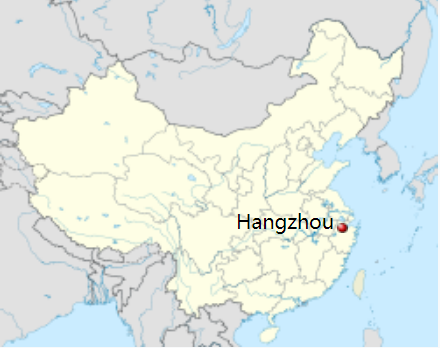
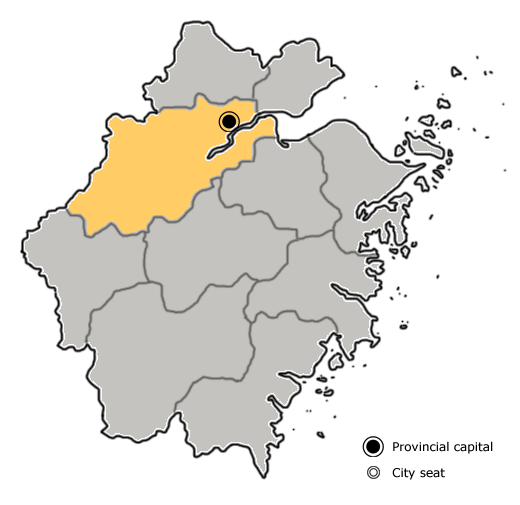
(2) Economy
Hangzhou's economy has rapidly developed since its opening up in 1992. It is an industrial city with many diverse sectors such as light industry, agriculture, and textiles. It is considered an important manufacturing base and logistics hub for coastal China.
The 2001 GDP of Hangzhou was RMB ¥156.8 billion, which ranked second among all of the provincial capitals after Guangzhou. The city has more than tripled its GDP since then, increasing from RMB ¥156.8 billion in 2001 to RMB ¥1.105 trillion in 2016 and GDP per capita increasing from US$3,025 to US$18,282.
The city has developed many new industries, including medicine, information technology, heavy equipment, automotive components, household electrical appliances, electronics, telecommunication, fine chemicals, chemical fibre and food processing.
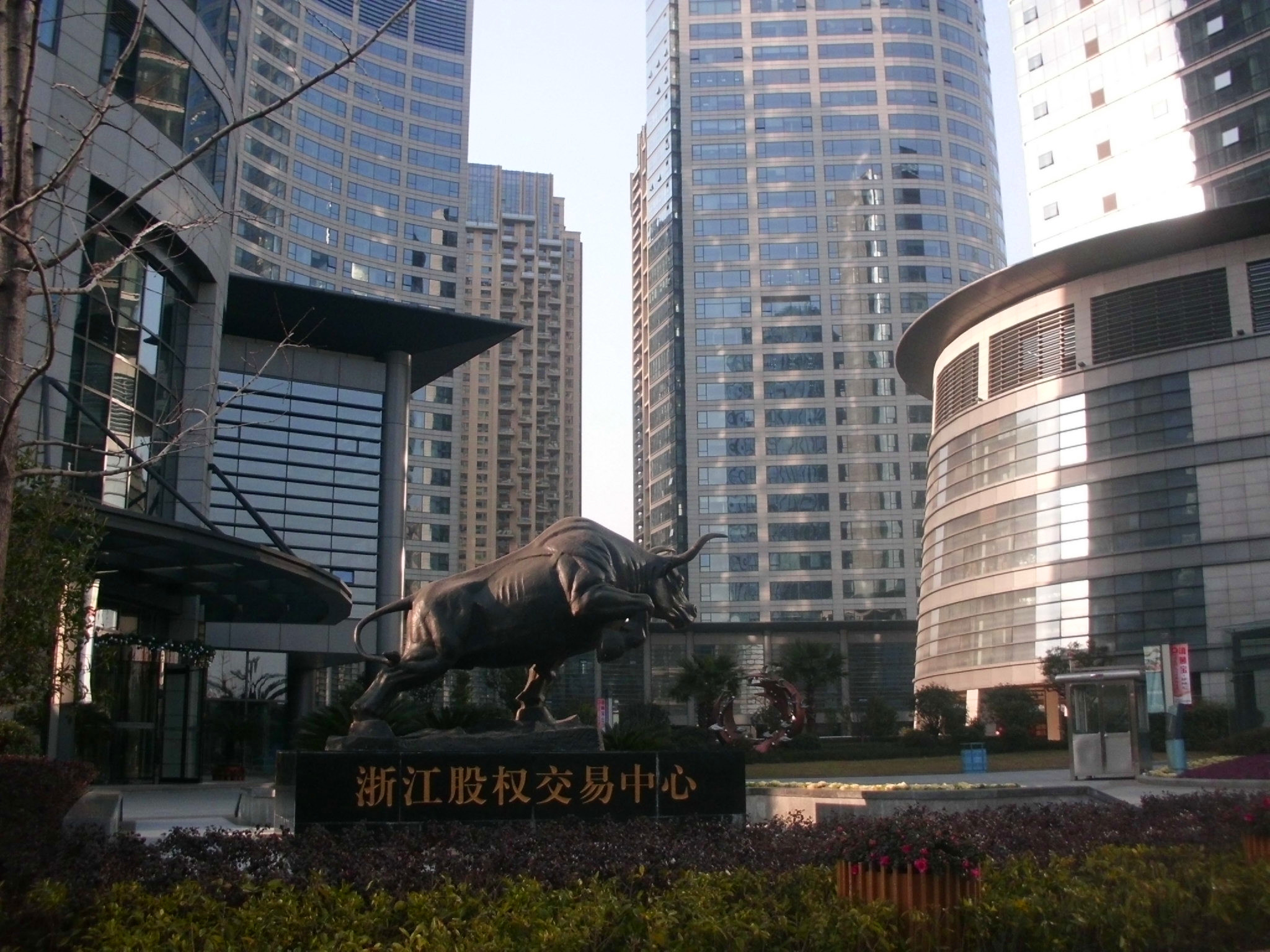
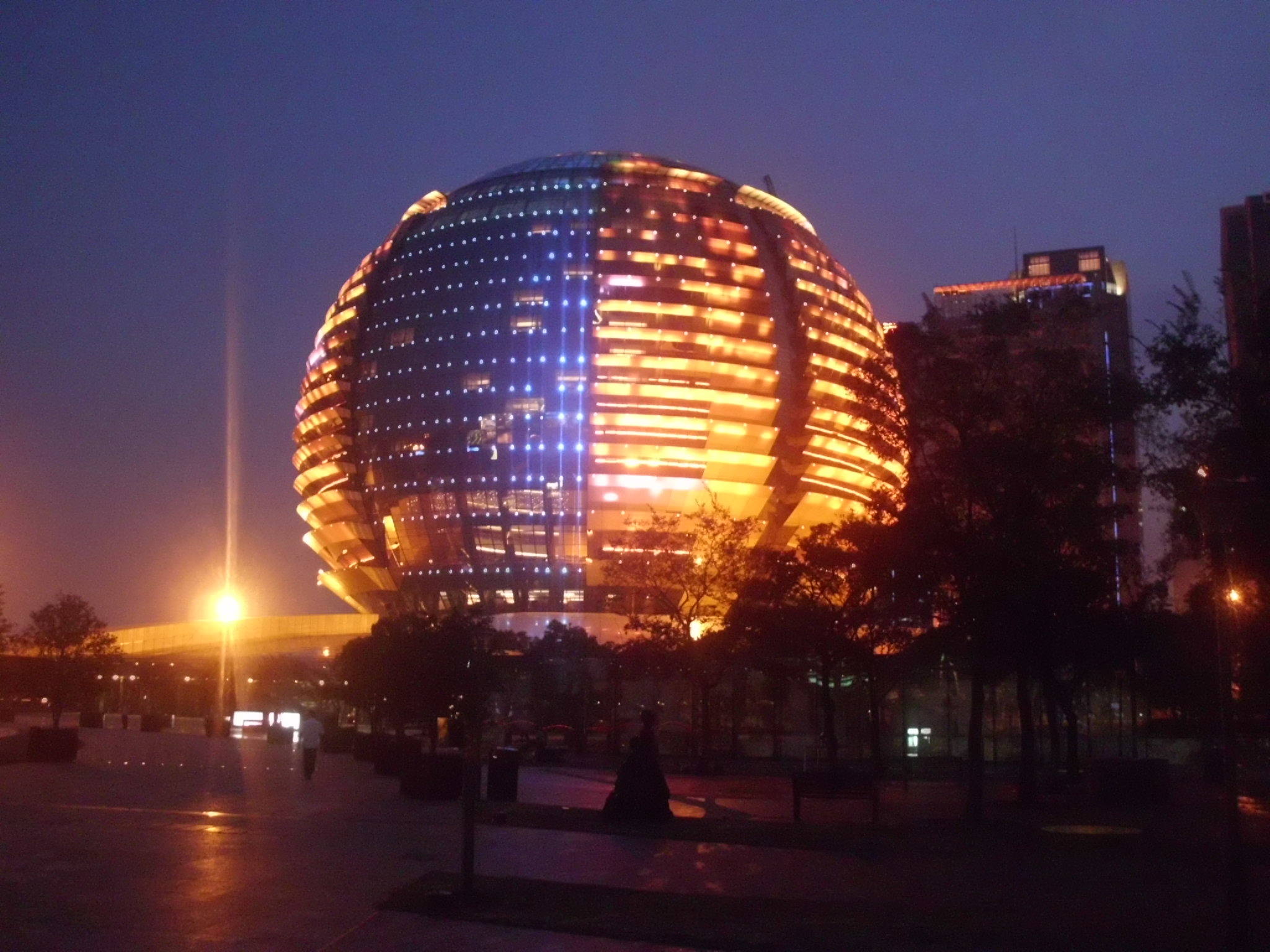
(3) Tourism
Hangzhou is renowned for its historic relics and natural beauty. It is known as one of the most beautiful cities in China, also ranking as one of the most scenic cities.[citation needed] Although Hangzhou has been through many recent urban developments, it still retains its historical and cultural heritage. Today, tourism remains an important factor for Hangzhou's economy. One of Hangzhou's most popular sights is West Lake, a UNESCO World Heritage Site. The West Lake Cultural Landscape covers an area of 3,323 ha (8,210 acres) and includes some of Hangzhou's most notable historic and scenic places. Adjacent to the lake is a scenic area which includes historical pagodas, cultural sites, as well as the natural beauty of the lake and hills, including Phoenix Mountain. There are two causeways across the lake.
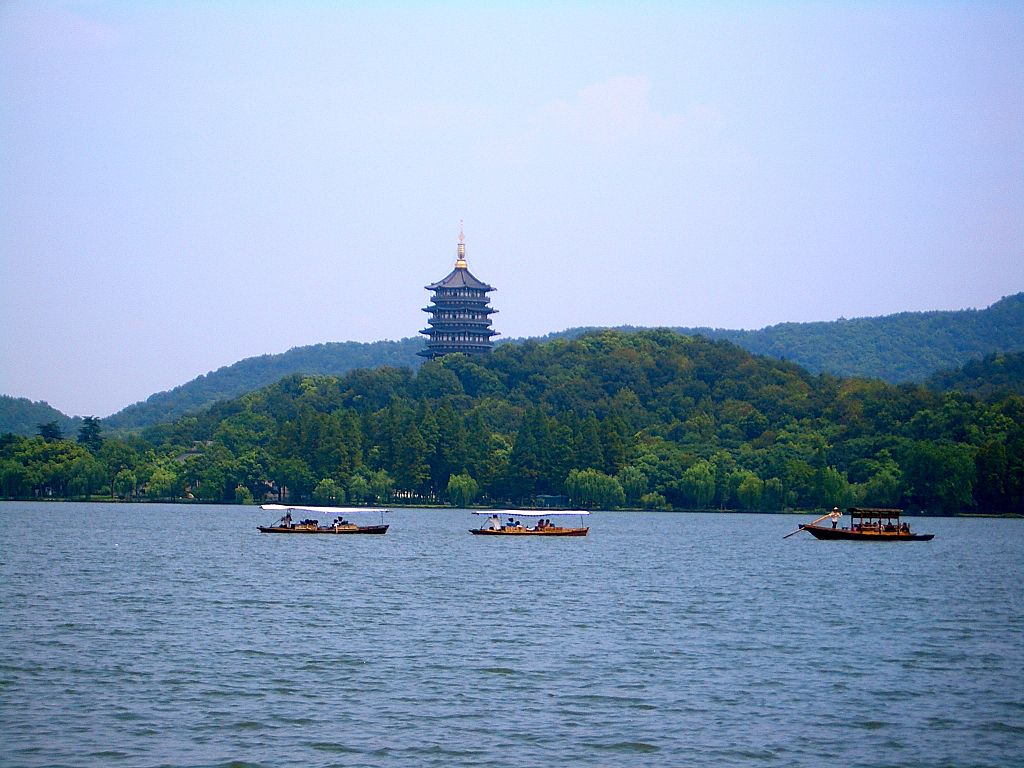
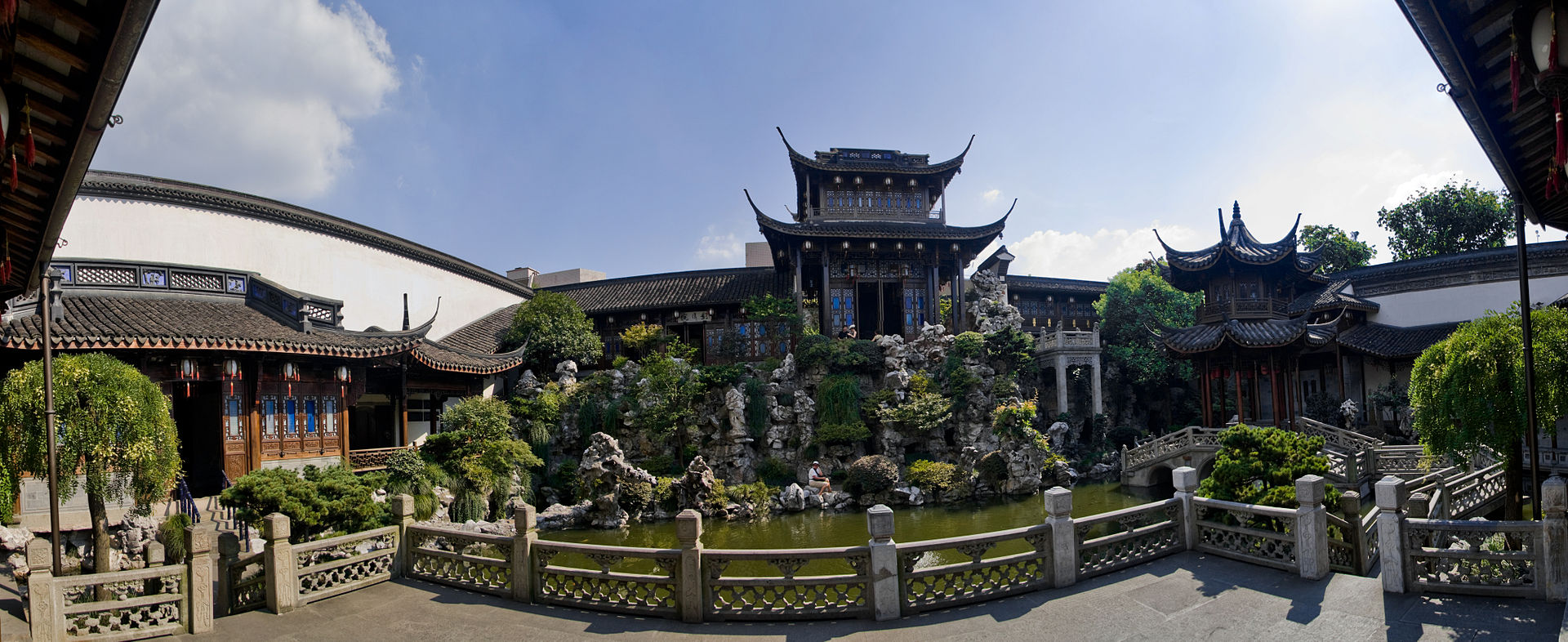
(4) Culture
Language
The native residents of Hangzhou, like those of Zhejiang and southern Jiangsu, speak Hangzhou dialect, which is a Wu dialect. However, Wu Chinese varies throughout the area where it is spoken, hence, Hangzhou's dialect differs from regions in southern Zhejiang and southern Jiangsu. As the official language defined by China's central government, Mandarin is the dominant spoken language.
Museum
There are several museums located in Hangzhou with regional and national importance. China National Silk Museum (中国丝绸博物馆), located near the West Lake, is one of the first state-level museums in China and the largest silk museum in the world. China National Tea Museum (中国茶叶博物馆) is a national museum with special subjects as tea and its culture. Zhejiang Provincial Museum (浙江博物馆) features collection of integrated human studies, exhibition and research with its over 100,000 collected cultural relics.
Food
Hangzhou's local cuisine is often considered to be representative of Zhejiang provincial cuisine, which is claimed as one of China's eight fundamental cuisines. The locally accepted consensus among Hangzhou's natives defines dishes prepared in this style to be "fresh, tender, soft, and smooth, with a mellow fragrance."
Dishes such as Pian Er Chuan Noodles (片儿川), West Lake Vinegar Fish (西湖醋鱼), Dongpo Pork (东坡肉), Longjing Shrimp (龙井虾仁), Beggar's Chicken (叫化鸡), Steamed Rice and Pork Wrapped by Lotus Leaves(荷叶粉蒸肉), Braised Bamboo Shoots (油焖笋), Lotus Root Pudding (藕粉) and Sister Song's Fish Soup (宋嫂鱼羹) are some of the better-known examples of Hangzhou's regional cuisine.
Arts
There are lots of theaters in Hangzhou showing performance of opera shows. Shaoxing opera, originated from Shengzhou, Zhejiang Province, is the second-largest opera form in China. Also, there are several big shows themed with the history and culture of Hangzhou like Impression West Lake and the Romance of Song Dynasty.
Hangzhou hs historically been an important hub for artists and scholars. In modern times, Hangzhou was home to the China Art Academy and prominent painters such as Lin Fengmian and Fang Ganmin.
Specialty
Tea is an important part of Hangzhou's economy and culture. Hangzhou is best known for originating Longjing, a notable variety of green tea, the most notable type being Xi Hu Long Jing. Known as the best type of Long Jing tea, Xi Hu Long Jing is grown in Longjing village near Xi Hu in Hangzhou, hence its name.[citation needed]
The local government of Hangzhou heavily invests in promoting tourism and the arts, with emphasis placed upon silk production, umbrellas, and Chinese hand-held folding fans.

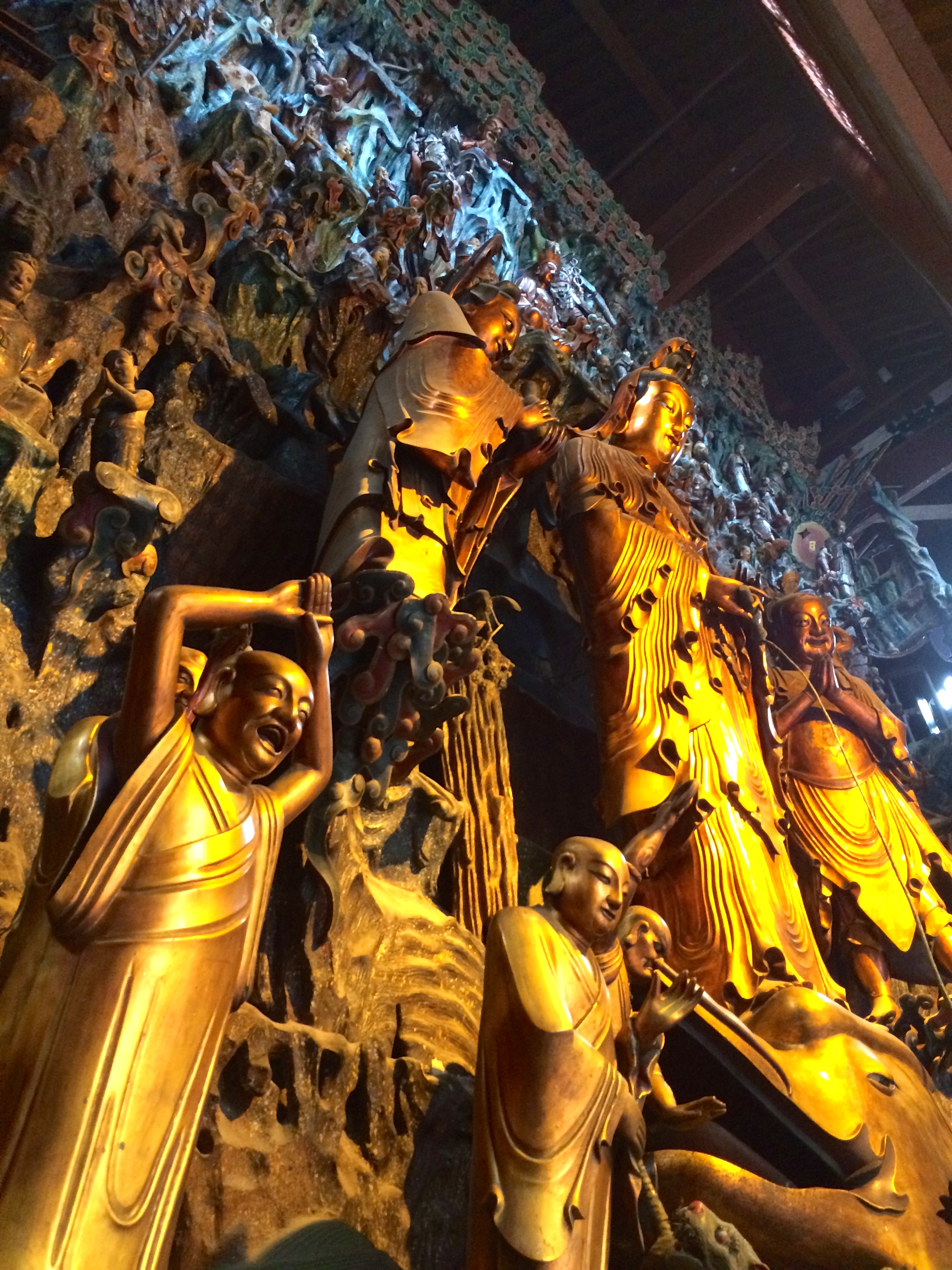
[1]The introduction on Hangzhou emanates from WIKIPEDIA;
News:
The CIS'18 proceedings have been available for download.
http://conferences.computer.org/cis/2018
The username and password will be sent to authors by email.
Website:


Conference History
|
|

